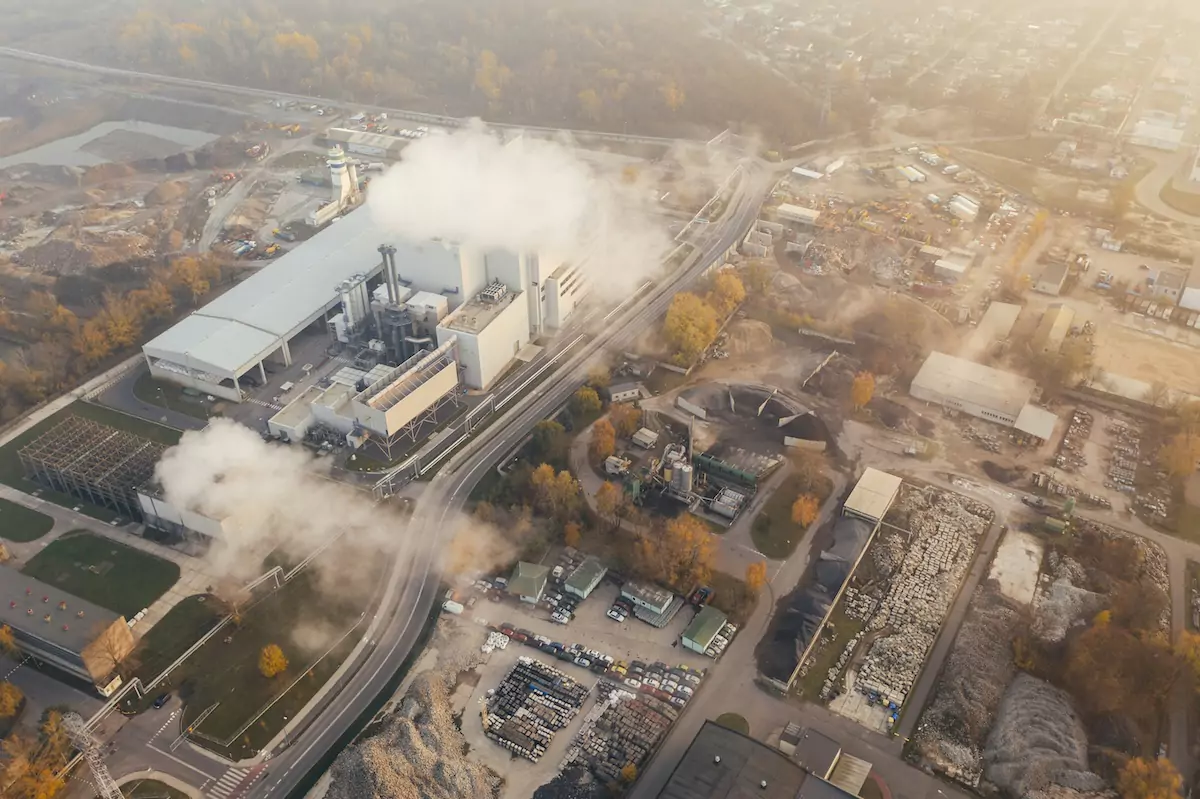A rapid increase in artificial intelligence-driven data centres could place significant pressure on Europe’s energy supplies and lead to an eightfold rise in emissions by 2030, according to a new report released ahead of France’s Artificial Intelligence (AI) Action Summit.
The non-profit organisation Beyond Fossil Fuels estimates that electricity demands could surge by up to 160% by the end of the decade, reaching 287 terawatt-hours (TWh) annually—more than Spain’s total electricity consumption in 2022. If fossil fuels are used to meet these demands, annual emissions from EU data centres could jump from five million tons of carbon dioxide-equivalent emissions in 2025 to approximately 39 million tons in 2030, exceeding the combined emissions of Lithuania and Estonia in 2022.
The study, which used public data from the International Energy Agency (IEA) and consulting firm McKinsey, modelled four scenarios based on varying levels of data centre expansion and the use of renewable versus fossil fuel energy sources. It found that more than half of the anticipated electricity demand would come from newly built facilities. If these data centres were powered entirely by renewable energy, the sector would not contribute additional greenhouse gas emissions by 2030. However, the report warns that if growth depends on fossil gas, it could “fuel the climate crisis”.
Data centres currently account for around 3% of Europe’s electricity consumption, though usage varies significantly by country. A 2024 EU report found that data centres represent up to 21% of Ireland’s energy use and 5.4% of the Netherlands’, far above the EU-wide average.
Tech companies are under increasing pressure to curb their environmental impact. The World Economic Forum (WEF) suggests that firms can reduce emissions by switching to renewable energy, repurposing waste heat, and ensuring water-intensive cooling systems are used only where supplies are sustainable.
Google’s parent company, Alphabet, aims to run its data centres on carbon-free energy by 2030, while Microsoft is exploring alternative materials, such as hybrid fire-resistant timber, to cut emissions. Meanwhile, an EU directive updated last year requires data centre operators to disclose emissions data biannually. However, Beyond Fossil Fuels argues that far greater transparency is needed to track energy consumption and ensure commitments to sustainability are met.
Monaco Life is produced by real multi-media journalists writing original content. See more in our free newsletter, follow our Podcasts on Spotify, and check us out on Threads, Facebook, Instagram, LinkedIn and Tik Tok.
Photo credit: Marcin Jozwiak, Unsplash
